
Book
Optimal Money Flow
A New Vision of How a Dynamic-Growth Economy Can Work for Everyone
Recommendation
Technology will further exacerbate income inequality, with money flowing to the owners of capital and away from labor, says professor Lawrence C. Marsh in this instructive and innovative work. Because the wealthy spend less of their income than others do, businesses will face worsening consumer demand, and less money will circulate in the economy. To tackle this new world of weak demand and deflationary pressures, Marsh proposes a new type of quantitative easing that would directly help Americans in times of recession. Better that, he posits, than to have cash chasing asset bubbles.
Summary
About the Author
Lawrence C. Marsh is a professor emeritus in economics at the University of Notre Dame.
Learners who read this summary also read
Book
Book
Book
Book








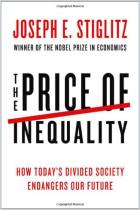
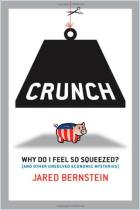
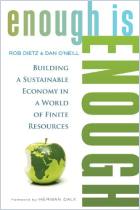
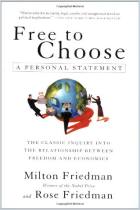
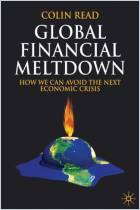
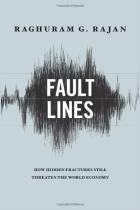



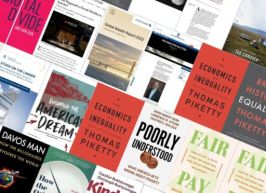

Comment on this summary or Start Discussion